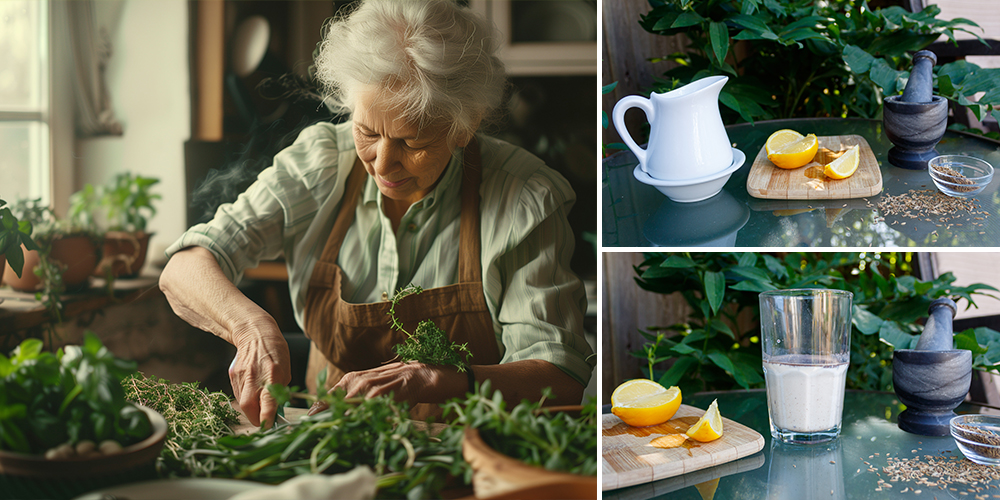
Gut Remedies I Learned From my Grandma
Everyone knows the temptation of food and drinks at a wedding; the tray of sweets sitting there staring at you, the open bar lit up like a light at the end of a tunnel… Remember the disappointment of turning down the saucy, delicious chicken and ribs at the last family BBQ? Or maybe you didn’t turn them down and had regrets later.
There often comes a time when you’re faced with the difficult decision of either disappointing your satisfaction or disappointing your gut when it comes to eating and drinking certain things. Sometimes the celebration calls for it and sacrifices are made. That’s when Grandma’s gut remedies come in handy.
My Grandma had a “cure” for everything; irritable bowels, stomach reflux, gas, you name it, she had a remedy.
Many things can cause your stomach to be upset and your gut to go haywire, not just the food you eat. Environmental conditions, such as high temperatures, can cause gut irritation, while certain health conditions can lead to gut complications.
Regardless of the cause, Grandma’s gut remedies will help ease the problem. You can bring these to the wedding or BBQ without being called out.
Fenugreek Seeds
Before scientists provided the evidence, Grandma used Fenugreek seeds to remedy stomach problems. Fenugreek seeds contain a valuable property called mucilage.
The mucilage from Fenugreek seeds contains highly medicinal compounds and prebiotics that can be used to ease stomach problems. The prebiotic content alone is enough to help stomach problems such as indigestion, heartburn, and acid reflux.
Due to the mucilage, using Fenugreek seeds significantly increases the levels of the beneficial bacteria Bifidobacterium breve, Lactobacillus acidophilus, Lacticaseibacillus rhamnosus, including a few others.
As a probiotic bacteria, Bifidobacterium breve produces lactic and acetic acid in the gut. The lactic acid produced creates an acidic environment where harmful pathogens cannot thrive and the acetic acid helps break down carbs, lessening the chance of constipation.
Lactobacillus acidophilus fights pathogens including Staph, E. Coli, and Salmonella. Notably, these healthy bacteria are lower in those who were primarily formula-fed as infants.
To use Fenugreek seeds to remedy stomach problems, soak a teaspoon of Fenugreek seeds in a cup of hot water for 10 minutes then drink the tea and eat the seeds.
Cranberry Juice
Cranberry juice is a delicious, yet bitter, beverage. The bitterness, however, is where the cranberries’ medicinal benefits lie. Grandma always said “A bitter is better.” because the bitter in cranberry holds a flavonoid called A-type proanthocyanidins (PACs), an astringent-like tannin.
This flavonoid is noticed to decrease the amount of bacteria that binds to cells within the body. This helps maintain a healthy balance between harmful and healthy bacteria in the gut, lowering the risk of bacterial diseases.
The first stage of a bacterial disease begins when bacteria stick to cell walls. Cranberry‘s prized properties prevent bacteria from binding to cells, especially in the stomach where bacteria levels are high and come into direct contact.
To reap the rewards, you can crush some cranberries and make your own juice or put a handful into a cup of hot water, steep until cool and drink the tea. You can also purchase pure cranberry juice at a health foods store. Or go ahead and eat boiled cranberries.
Cranberry juice isn’t the only way to turn healing into something delicious. You’d be surprised how easy it is to whip up remedies that don’t feel like remedies at all — smoothies that rebuild your gut, mocktails that lower inflammation, DIY medicinal candles that clear your sinuses while setting the mood, bath soaks that double as detox treatments, even tasty syrups and herbal gummies you’ll actually look forward to.
And the best part? You don’t have to figure it out alone. When you learn from a trusted, professional herbalist who explains everything in the warmest, most practical way — it suddenly feels simple. Even fun.
 And once you complete your journey, she’ll even hand you your own herbalist diploma — so you can finally brag to your friends (with good reason).
And once you complete your journey, she’ll even hand you your own herbalist diploma — so you can finally brag to your friends (with good reason).
👉 Click here to start learning the forgotten remedies your body will thank you for.
Slippery Elm Bark
Similar to Fenugreek seeds, the inner bark of slippery elm contains mucilage and Grandma used it for the added benefits. Slippery elm bark is a demulcent and an emollient that soothes irritated bowels and relieves inflammation in the stomach and intestinal lining.
The mucilage also coats the intestinal lining in a protective layer, easing symptoms for longer and delaying flare-ups. The tannins and phenolics in slippery elm bark provide antioxidant effects that inhibit the oxidation process in the body, eliminating the risk of damage caused by free radicals.
Slippery elm has also been shown to decrease a potentially harmful molecule called peroxynitrites. Peroxynitrates release free radicals that cause oxidative stress and damage cells.
Irritable bowel syndrome, constipation and diarrhea can all be helped by using slippery elm bark. The demulcent effects help ease the irritation and inflammation of IBS and can also lessen the urges to cough.
To use slippery elm bark in its powder form, mix it with water to make a slurry. If the slurry is unpleasant to taste, add it to oatmeal for a nice maple-syrup-like flavor.
But here’s the thing — the most potent version of slippery elm comes through alcohol extraction. That’s how you draw out its deeper anti-inflammatory and mucilage-rich compounds.
If you want to make it yourself, you’ll first need to forage the inner bark — not the outer bark, only the soft layer inside. You’ll also need a sharp knife, strong vodka or grain alcohol (at least 80 proof), a clean jar, and about 4–6 weeks of patience.
Chop the inner bark finely, fill a jar halfway, and top it off with alcohol. Let it sit in a dark cupboard for a month or more, shaking it daily. Then strain and bottle it.
Or… you can skip all that, and go straight to a ready-made slippery elm tincture — already combined with gut-soothing allies like licorice root, marshmallow, plantain, and peppermint.
👉 Try the ready-made tincture here… your gut will thank you!
The mucilage will create a slippery lining to encourage the release of any blockages while constipated. Slippery elm bark powder contains fibre that helps in cases of diarrhea.
Cumin Seed Powder
Somehow Grandma knew that cumin was used in Ayurvedic medicine for gut problems, even severe or chronic conditions. Cumin’s reputation is based on its medicinal compounds, particularly a compound known as thymoquinone.
Thymoquinone is an anti-inflammatory, antioxidant, and antimicrobial responsible for the effects cumin has in managing diseases caused by bacteria, parasites and viruses.
It’s also used in medications for chronic conditions such as diabetes, inflammatory diseases, and infertility. In practice, cumin seed is used as a treatment for those vomiting or experiencing food poisoning and symptoms of typhoid. Cumin also reduces the risk of intestinal tumors and activates digestive enzymes.
The salivary gland is stimulated by cumin seed powder which helps improve digestion and relieve constipation. The phenolic compounds called thymol and carvacrol also found in cumin seed powder protect the gut from bacterial and fungal infections.
To utilize the power of the cumin seed, you should try this recipe for Toasted Cumin Seed Powder with Buttermilk. To make it you will need an iron skillet, a wooden spatula, a mortar and pestle, a large cup, and a spoon.
Toasted Cumin Seed Powder with Buttermilk
Ingredients:
- 1 cup of Milk
- 1 teaspoon of Cumin Seed
- 1 wedge slice of Lemon

Instructions:
- Heat the iron skillet on medium for 45 seconds and pour in the cumin seeds
- Roast the seeds for 3-4 minutes stirring the seeds as they roast until they are just coffee-bean brown and have a strong aroma

- When toasted, set aside to cool
- As the seeds cool, put the milk in a large glass
- Squeeze the lemon into the milk, stir and let curdle for 5-10 minutes

- While the buttermilk is forming, crush the seeds into a powder using a mortar and pestle
- Mix the cumin seed powder into the buttermilk

- Enjoy as much of the glass as you’d like!

You know what Grandma never had?
A remedy for feeling overwhelmed.
She did the best she could — digging through notes, drying herbs on windowsills, mixing powders and bark until something worked. And somehow… it usually did.
But imagine if she had this:
A book so full of powerful plant remedies it could’ve changed everything — not just for her gut, but for her lungs, her sleep, her pain, her nerves.
A book where you don’t have to guess.
You just turn the page… and it tells you exactly what to do.
There are over 250 herbal recipes inside — not old wives’ tales, but scientifically backed, survival-tested remedies crafted by one of the wisest women in herbal medicine today.
Some calm the storm in your gut.
Some help you breathe better.
Some are so powerful they’ve replaced pills in thousands of homes.
This isn’t a trendy “detox guide” or a Pinterest project.
It’s a lifeline. A little like Grandma — if she wore hiking boots, lived with the San Bushmen, and knew exactly what to forage when things went wrong.
Let’s bring those forgotten remedies back to life. What herbal magic did your grandma use when you were sick or hurt? I’d love to read your stories in the comments below.


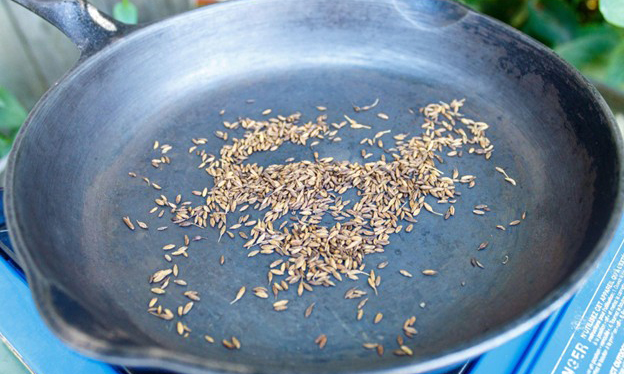
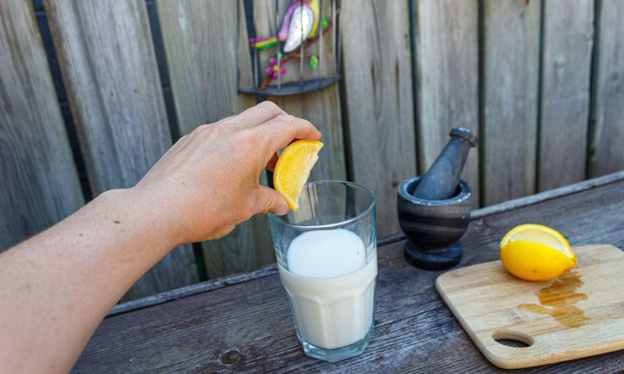
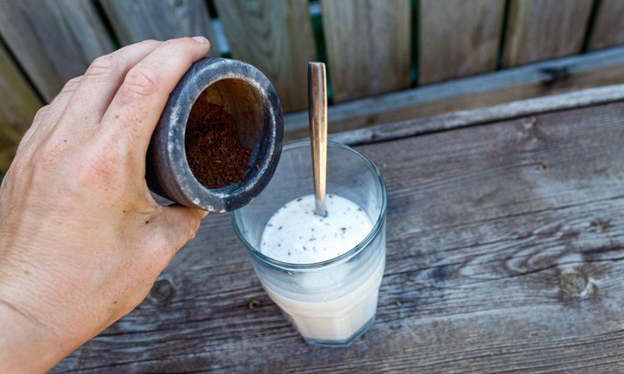
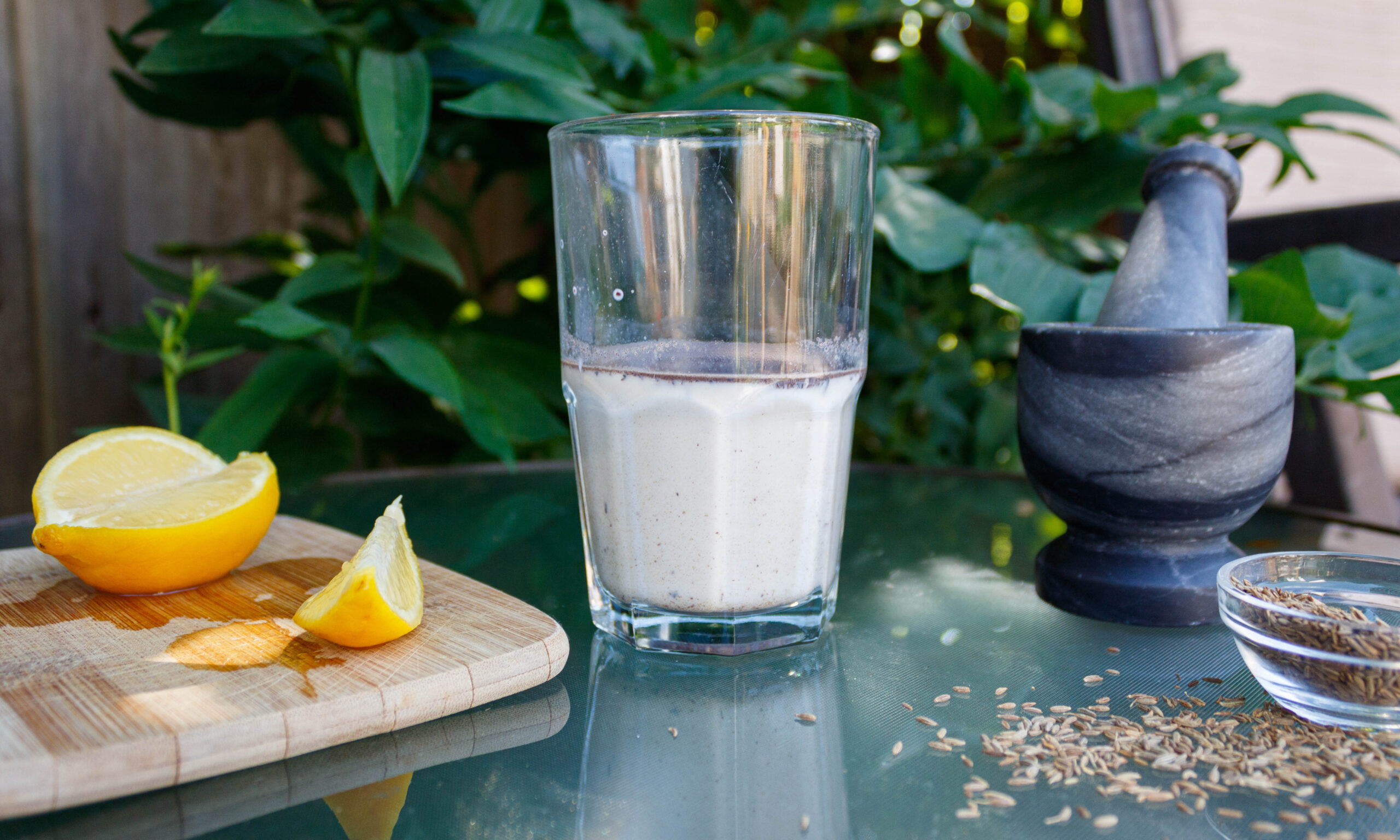

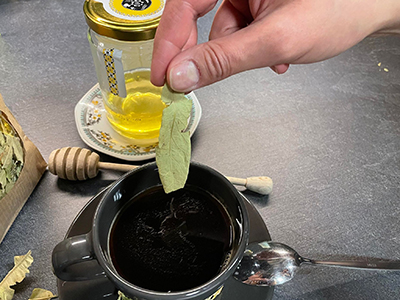
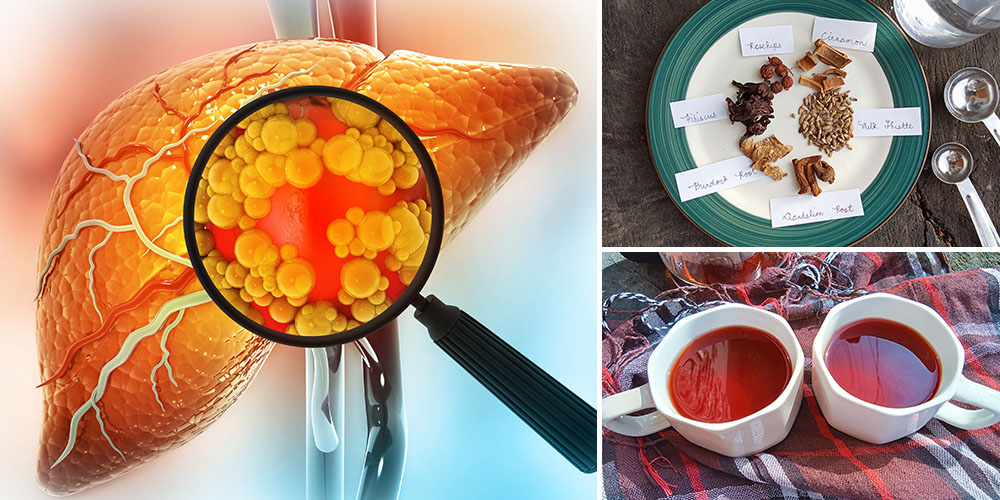
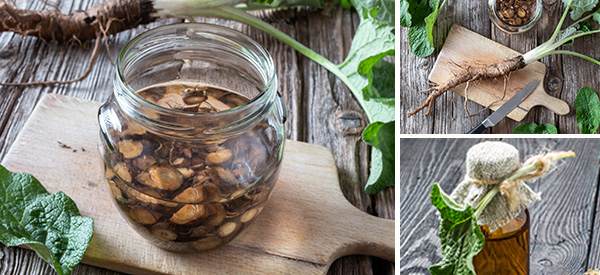

I’ve heard that cranberry juice is very good to help with urinary tract issues. As for gut health is it not just as easy to eat some yogurt every few days?
Try D Mannose It is excellent for UTI
Totally agree, Tricia!
D-Mannose is a great natural support, especially for women who get recurring UTIs.
We love seeing natural remedies like this getting more recognition. 🙌
Thanks for sharing it here!
You’re absolutely right, Armin!
Cranberry juice is well-known for supporting urinary tract health, and yogurt with live cultures can definitely help keep the gut happy too.
It’s all about finding what works best for your body… and sometimes, the simplest habits make the biggest difference.
Thanks for sharing your thoughts!
I don’t do dairy, eggs, or meat, therefore, I’ll do the yogurt.
Totally get that, Felicity.
Thankfully, there are plenty of plant-based ways to support gut health too!
Whether it’s fermented foods, herbal teas, or fiber-rich meals, there’s always a gentle option that aligns with your lifestyle. 🌿
What formula is good for internal acne?
*Hidradenitis suppurativa*
*Invertive Acne* what is the protocol for this ailment?